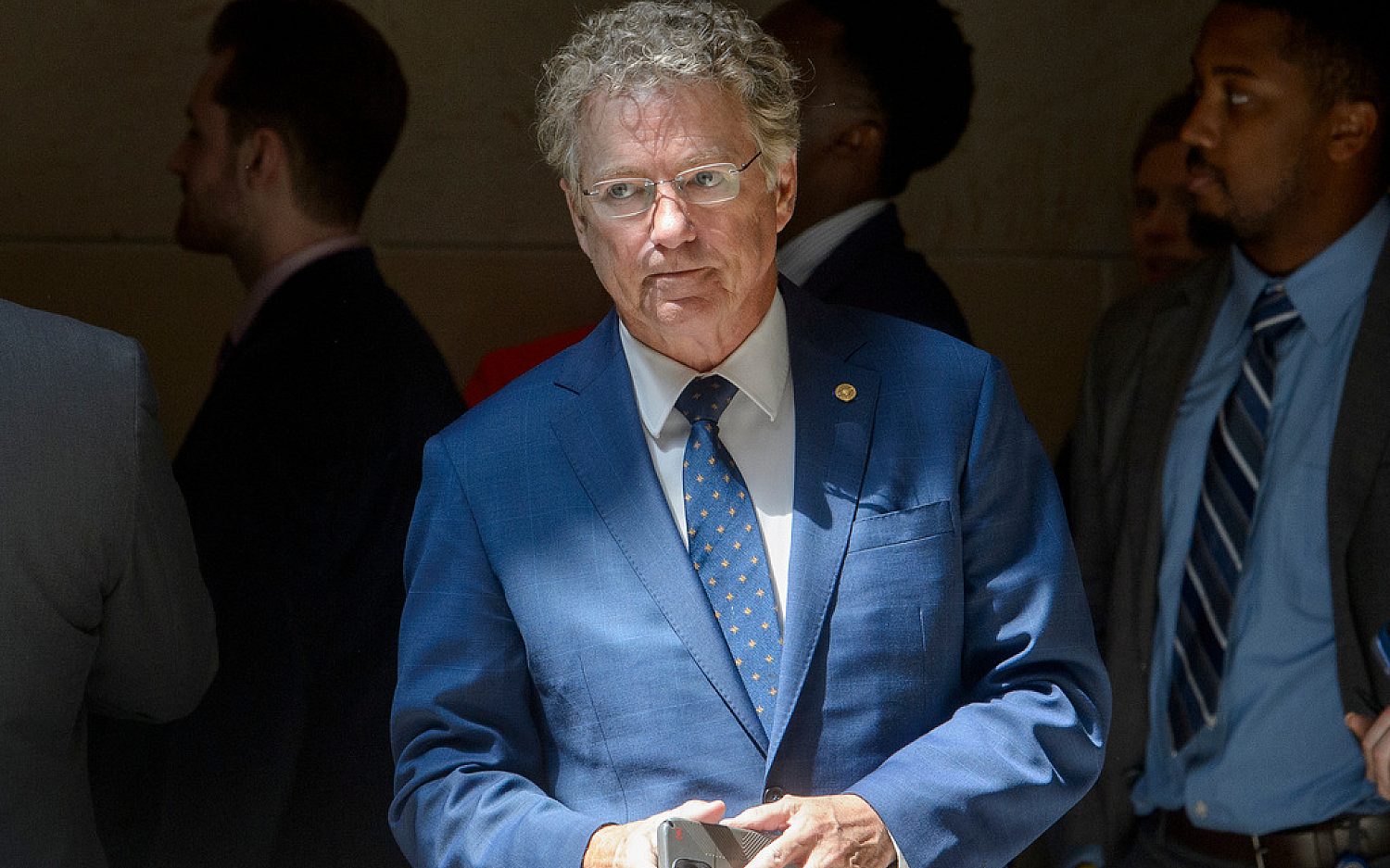Pro-life advocates cheer nationwide abortion declines
Abortions have declined in almost every U.S. state since 2010, according to a survey conducted by the Associated Press.
The percentage decline varies from state to state, but the rate has dropped by 12 percent nationally. The AP collected health department data from 45 states. California, Maryland, New Jersey, New Hampshire, and Wyoming don’t require data collection on abortion procedures. Illinois experienced the lowest decline at 2.6 percent, and Hawaii boasted the highest decline—29.9 percent.
Only Michigan and Louisiana experienced increased abortion rates. Both states have passed abortion restrictions, and AUL recently named Louisiana the most pro-life state. But both states experienced an influx of abortion-seeking women due to restrictions passed in neighboring states.
Different sources credit different causes for the decline. Abortion advocates point to increasing contraceptive access and the correlating drop in unintended pregnancy. Teen pregnancy also reached its lowest recorded rate in 2010, the most recent data available. The teen birth rate has continued to decline, which experts say points to lower teen pregnancy rates as well.
Pro-life advocates credit a shift in society’s attitude toward abortion as well as more pro-life laws for reducing the number of abortions. Since 2011, 31 states have passed 267 abortion regulations, with 20-week abortion bans, hospital facility standards, and admitting privilege requirements among the most popular legislation.
But the abortion decline isn’t limited to states that have passed significant abortion restrictions. Five of the six states with the largest rate declines—Hawaii, New Mexico, Nevada, Rhode Island, and Connecticut—haven’t passed any major abortion restrictions. New Mexico’s abortions declined 24 percent, and the state has yet to pass any major abortion restrictions.
Charmaine Yoest, president of Americans United for Life, credits changing attitudes toward abortion for the declines. Though a recent Gallup poll found 50 percent of Americans identify as pro-choice, 55 percent said they thought abortion should be legal in only a few circumstances or illegal in all circumstances.
“There’s an entire generation of women who saw a sonogram as their first baby picture,” Yoest said. “There’s an increased awareness of the humanity of the baby before it is born.”
Abortion advocates say the declining number of abortions demonstrates abortion restrictions aren’t necessary for reducing abortions.
“Better access to birth control and sex education are the biggest factors in reducing unintended pregnancies,” said Cecile Richards, president of the Planned Parenthood Federation of America. “More restrictive abortion laws do not reduce the need for abortions.”
But pro-life advocates disagree. National Right to Life Committee President Carol Tobias said contraceptives play a small part but ultimately “don’t explain why more women who are pregnant are choosing life.”
States like New Mexico prove the success of pro-life educational efforts and improving technology, Tobias said. People across the United States learn about abortion practices through legislation like the 20-week abortion ban introduced in Congress and the dismemberment abortion bans passed in Kansas and Oklahoma.
And as ultrasound technology improves, more women are seeing the humanity of unborn babies. “That’s having a huge impact on the younger generation,” Tobias said.
The increased abortion regulations also have caused 70 abortion facilities to close in 12 states since 2011. The most—27—closed in Texas. About 12 have closed in Michigan and Arizona, and four have closed in Ohio.
“Of course other factors contributed to the decrease, but these numbers confirm that when abortion clinics close, abortion numbers drop and lives are saved,” said Troy Newman, president of Operation Rescue.
The Associated Press contributed to this report.
An actual newsletter worth subscribing to instead of just a collection of links. —Adam
Sign up to receive The Sift email newsletter each weekday morning for the latest headlines from WORLD’s breaking news team.




Please wait while we load the latest comments...
Comments
Please register, subscribe, or log in to comment on this article.